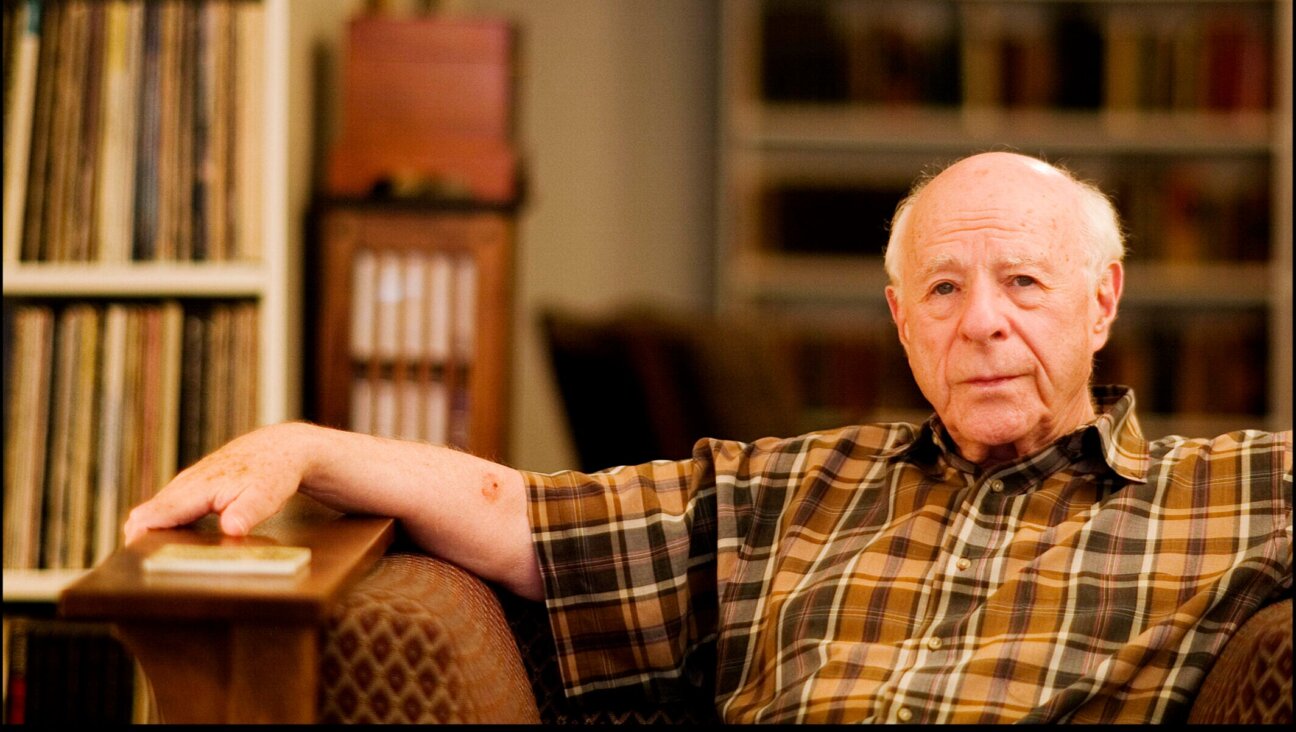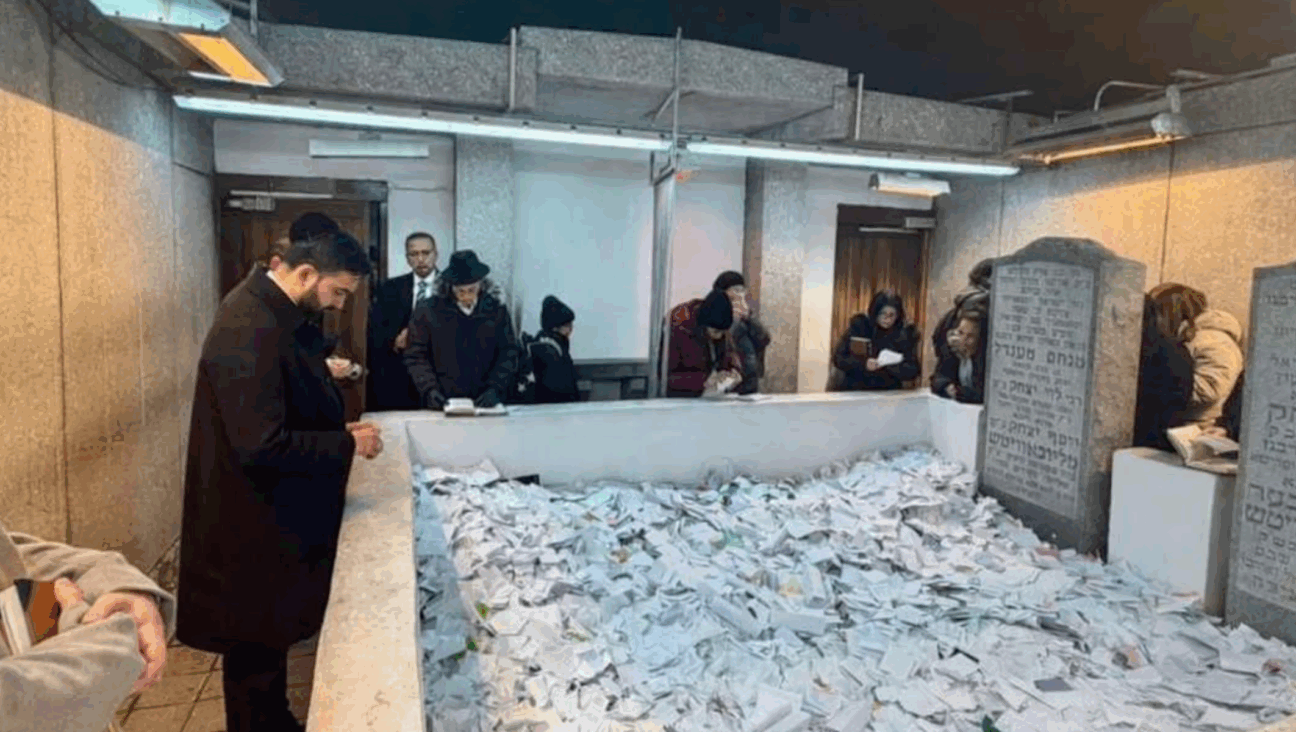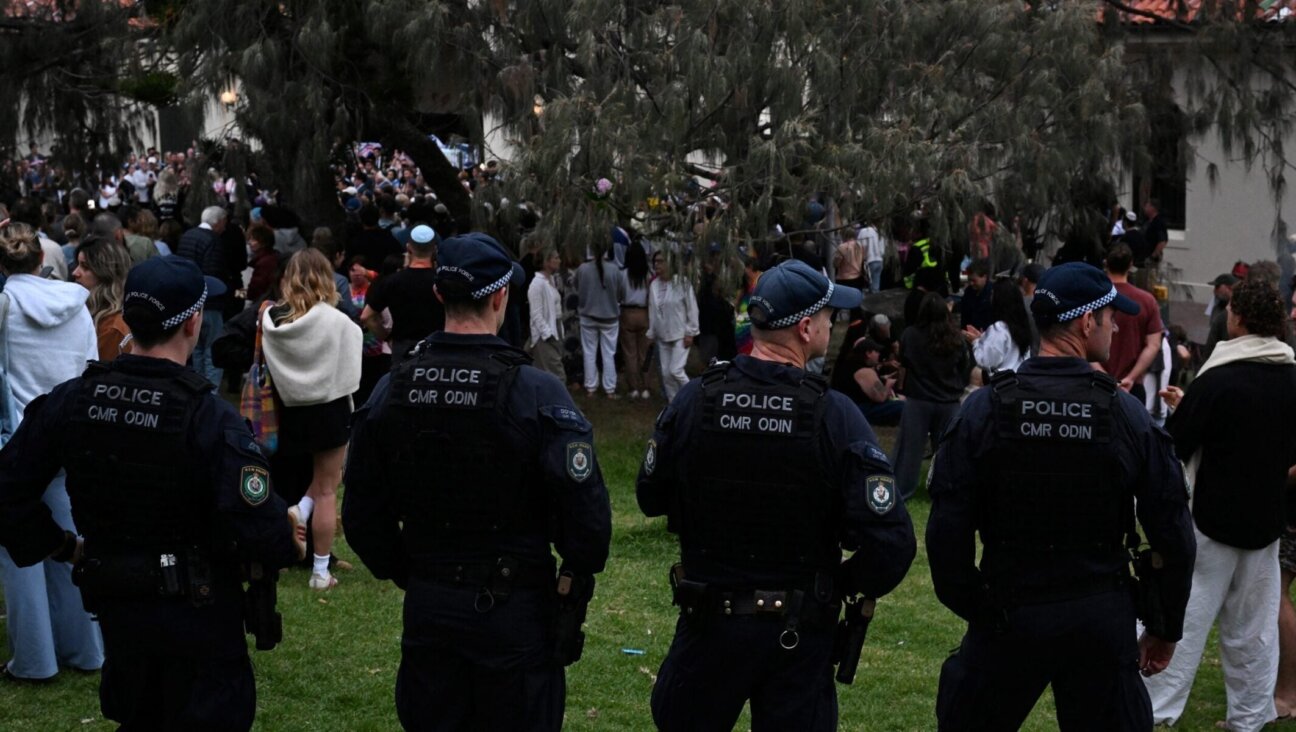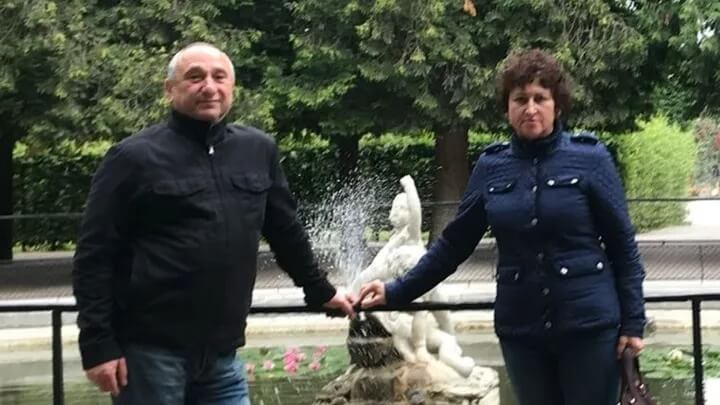Peace Talks Resume Under Cloud of New Settlements

Graphic by Angelie Zaslavsky
A 10-minute drive from where negotiators will sit down on Wednesday to resume long-stalled Middle East peace talks, Israeli bulldozers are busy reshaping land that Palestinians want for their future state.
Settler homes are popping up across East Jerusalem and major roads are being built to burgeoning Jewish settlements in the occupied West Bank. Israel has just approved plans for 3,100 new homes on the territory it seized in the 1967 Middle East war.
The non-stop building on the land that is at the heart of the conflict raises serious doubts about whether the latest round of U.S.-brokered talks can result in a deal to create an independent Palestinian state alongside Israel.
“The two-state solution by now is unobtainable,” said Dani Dayan, a former chairman of the settler movement, arguing that any accord palatable to the Palestinians would involve removing so many settlers that it would be impossible to enact.
U.S. Secretary of State John Kerry, the driving force behind the resumption of talks following a three-year hiatus, agrees it is a major problem, but says there is time for a final push.
“What this underscores is the importance of getting to the table, getting to the table quickly,” he told reporters in Colombia on Monday when asked about the series of Israeli building announcements in the run-up to the new negotiations.
Israel has rejected criticism of its construction plans, saying the new homes would be erected in settlements within blocs it intends to keep in any future peace deal with the Palestinians.
The settler numbers are imposing. In 2010, when the Palestinians quit negotiations over settlement building, some 311,110 Israelis were living in the West Bank. Today, according to Israel’s Army Radio, this has surged to 367,000.
Adding in East Jerusalem, then the number of Israelis living beyond the 1967 lines rises to nearly 600,000. Few, if any, would willingly quit their homes as part of a peace deal.
After an initial round of meetings in Washington at the end of last month, the real discussions start on Wednesday, with Israeli Justice Minister Tzipi Livni facing Palestinian chief negotiator Saeb Erekat in Jerusalem’s King David Hotel.
The negotiations will be moderated by U.S. envoy Martin Indyk, with the next encounter already pencilled in for later this month in the West Bank city of Jericho.
Bowing to a Palestinian condition to get the talks going, and eager not to antagonise an anxious Washington, Israeli Prime Minister Benjamin Netanyahu has agreed to the staggered release of 104 Palestinian prisoners, many convicted of murder.
The first 26 are due to go free early on Wednesday, and political analysts say the recent splurge of settlement moves was a bid by Netanyahu to placate his legion of supporters who reject the so-called two-state solution.
But the sheer quantity of planned new homes has stunned outsiders and led the Palestinians to issue a clear warning.
“If the Israeli government believes that every week they’re going to cross a red line by settlement activity … what they’re advertising is the unsustainability of the negotiations,” Erekat said on Sunday.
Kerry told reporters that while some movement on the settlement front had been expected, the wave of announcements may have been “outside of that level of expectation”.
Daniel Seidemann, a lawyer and an expert on settlement expansion, said that in the last 24 hours, Israel had approved a 3.26 percent increase in the number of housing units in East Jerusalem alone, saying this could prove fatal to peace chances.
“I think Mr. Netanyahu may have miscalculated this. He won’t shed any tears if the talks fall apart, but he will shed tears if he is blamed for this,” he said.
Israeli and Palestinian negotiators have set a goal of reaching a peace deal within nine months that would resolve many problems confronting them, including agreeing to borders, the status of Jerusalem, the fate of Palestinian refugees and the sharing of scarce water resources.
While pessimists abound, a few optimists still stand up, including Israeli President Shimon Peres.
He argues that not only do Israelis want peace, but that the recent instability caused by the Arab uprisings has left a number of Arab states eager to settle the decades-old conflict.
“People who are sceptical are wrong. There is a difference between this and previous attempts,” he said on Sunday.















